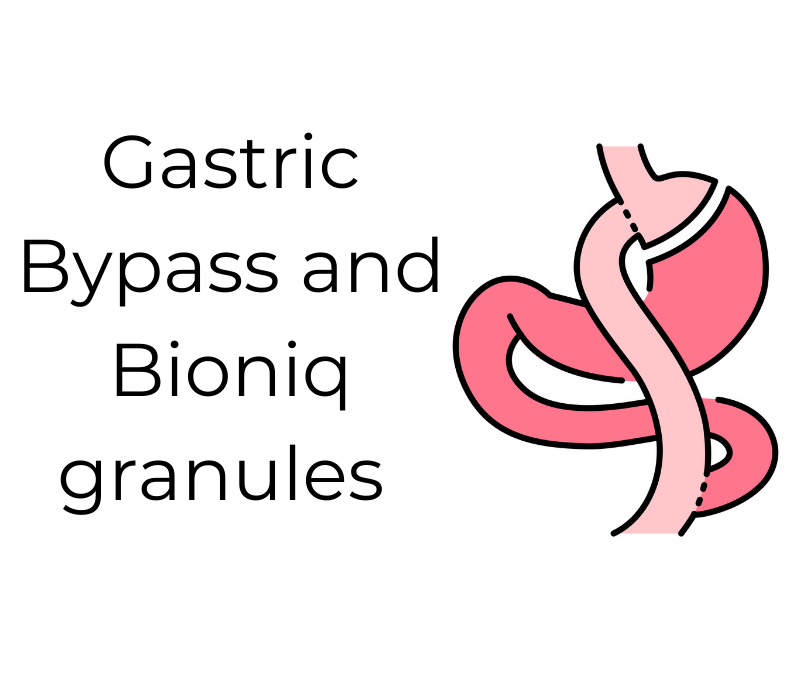
Gastrointestinal issues and respiratory afflictions are common problems that many travellers experience during or shortly after returning home. Several factors may play a role in increasing your risk of falling ill while away from home, such as travel-related stress, jet lag, and spoiled food. Crowded public settings, like aeroplanes, trains, cruise ships, restaurants, and public restrooms, can also leave you open to viruses that can increase your risk of illness. Large crowds of people and close seating arrangements during air travel present a high risk of increasing the possibility of transmission of certain pathogens. Luckily, modern air filtration systems in planes allow for constant airflow and are equipped with high-efficiency particulate air (HEPA) filters, just like the filters used in hospitals.
Getting enough sleep is crucial for the normal functioning of the immune system. Studies have suggested that not getting enough quality sleep can increase your risk of getting sick. Try to keep your room cooler at night by setting the thermostat to around 18-21C for the optimal sleeping environment.
Eating a balanced diet year-round is crucial for building and maintaining a healthy immune system. Poor nutritional habits may impair your immune system, leaving you more susceptible to infection. Several micronutrients have been shown to improve immune system functioning, like fibre, omega-3 fatty acids, zinc, and vitamins A, C, D, and E. Try adding more fruits and vegetables, whole grains and protein to your diet.
When you work out, you increase the circulation of various immune cells responsible for combating pathogens. While travelling, try to walk more, use hotel gyms or indulge in other physical activities.
If the COVID pandemic has taught us anything - it is that it's vital to practice proper hygiene. Try not to touch your face and wash your hands with soap and water for at least 30 seconds. If there is no washroom available nearby, you can use sanitisers that have at least a 60% alcohol content.
Travelling through busy airports can be a stressful endeavour. Studies show that stress can lower your immune system function and leave you more vulnerable to illness.
Keeping your micronutrient levels at optimal levels is essential for general well-being. When you subscribe to bioniq, you receive a bespoke formula tailored specifically to your deficiencies. Since your formula is based on your blood parameter results, you can be sure that you get the optimal dosage that your body needs.

%20(1).png)
.png)